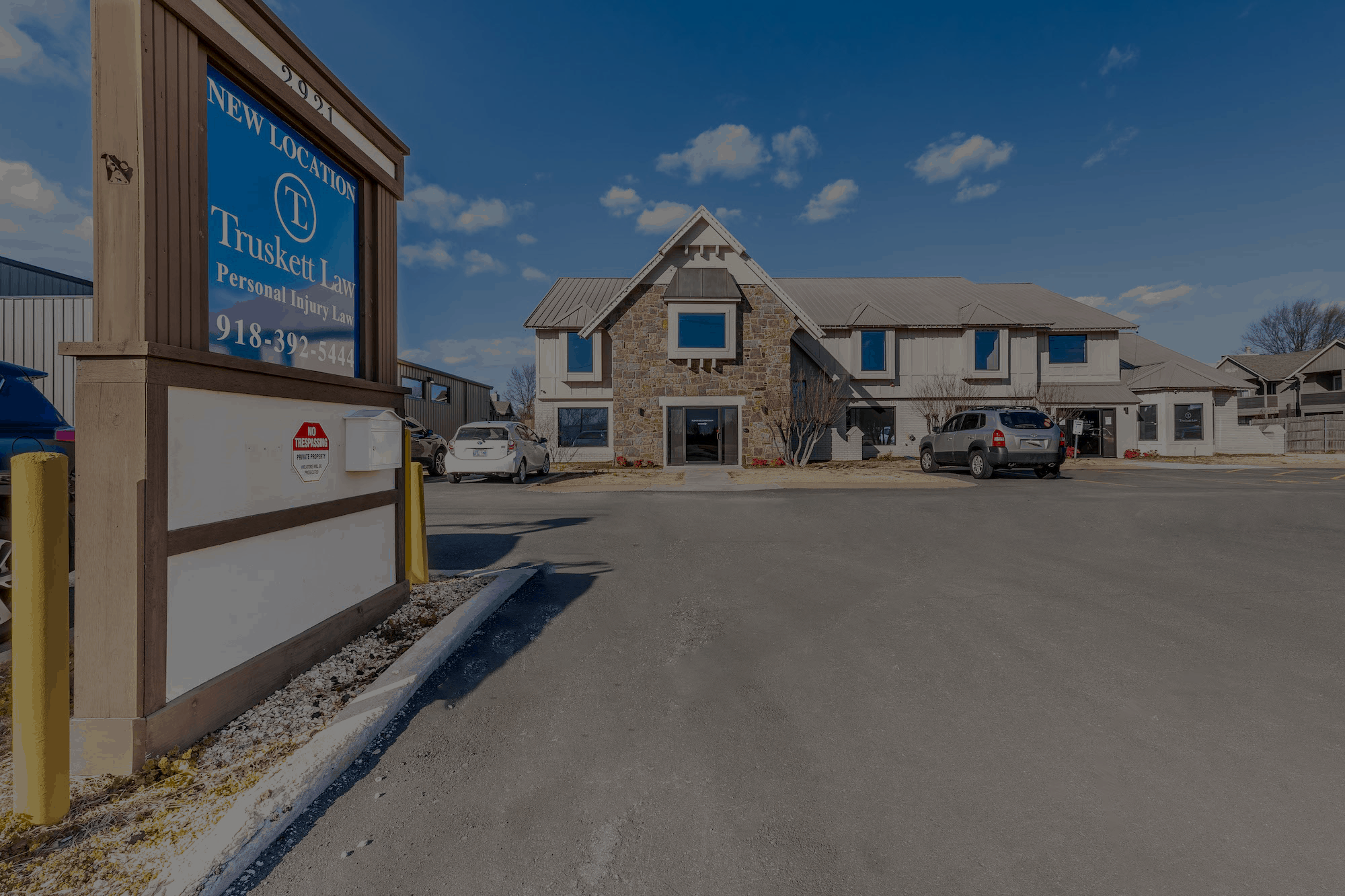
18 Nov What Are Special Damages In Personal Injury?
Understanding Personal Injury Special Damages
There are many complicated issues you will encounter during a personal injury case. One such complex issue is the topic of special damages in a personal injury case.
So, what are special damages in personal injury? Special damages are defined as an amount of money that can be recovered by the plaintiff in a personal injury case. They reimburse him for costs he incurred as a result of his injuries. The term “special damages” includes, but is not limited to medical bills, lost wages, and property damage.
When bringing a personal injury lawsuit, the plaintiff can recover special damages for
- medical expenses
- lost wages
- property damage
A plaintiff may also recover any additional money he has had to spend as a consequence of his injuries. Evidence must be presented to show the cost of treatment. There is not a set standard for the types or amounts of medical bills that can be submitted to recover money in a personal injury case involving special damages.
Courts will consider all reasonable and necessary charges when deciding what to include in the award; however, courts generally do not require the plaintiff to submit every single bill.
Recovery of Special Damages
To recover for lost wages as special damages, the evidence must be presented to show:
(1) the amount of past and future income that was lost as a result of the injuries;
(2) any additional costs that the plaintiff had to pay or will have to pay because he is not working.
To recover special damages, it must be shown that the defendant was legally responsible for the loss or injury that the plaintiff experienced. An injured party may not sue simply because he or she is unhappy with his or her injuries. The plaintiff’s emotional state after an accident does not matter, only whether the legal elements are present in the case.
For example, if a person sues another driver because they got into an accident and suffered injuries, the plaintiff would have to establish that:
(1) the defendant was negligent;
(2) there was a causal link between the defendant’s negligence and the plaintiff’s injuries
(3) damages were caused by the defendant’s negligence.
To recover for additional expenses in a personal injury case, it must be shown that the plaintiff is entitled to special damages in the first place. If an injured party cannot show that they paid out extra money because of their accident, they might not be able to recover this type of loss as part of their special damages in the case.
Compensation
 In cases involving negligence or harmful actions, special damages may act as an upper limit on the amount of compensation that can be sought by a plaintiff.
In cases involving negligence or harmful actions, special damages may act as an upper limit on the amount of compensation that can be sought by a plaintiff.
For example, if you are awarded $500,000 in compensatory damages for your injuries, there is typically little to no chance that you will also receive $500,000 in special damages.
This is because most states set limits on the number of special damages that can be received by a plaintiff. In some states, special damages are limited to the number of special damages requested in the initial complaint.
In other words, you cannot file a new suit on top of your old suit for more money for special damages if you had already requested that amount in your initial suit.
Common Types of Damages in Personal Injury Cases
Some of the most common types of damages in personal injury cases include general damages, special damages, and property damage.
Special damages are non-economic losses that stem from personal injury. They include past expenses due to medical bills or loss of earnings, pain and suffering, permanent injuries (but not disabilities), and diminution of quality of life.
Special damages are not intended to compensate the plaintiff for actual loss. They are only to put the plaintiff in the position they were before their injury. If a person suffers $20,000 in personal injury, special damages would only mean that the person would be restored to his pre-accident financial state.
It’s important to understand that special damages (sometimes called “general damages”) are not the same as general damages. They compensate a person for loss of income and out-of-pocket costs due to injury.
What is Personal Injury?
Personal injury is a legal term that broadly refers to harm that’s suffered by an individual at the hands of another. This can be physical, emotional, or psychological.
Personal injury depends largely on the other party’s negligence. If you were injured due to another negligence to follow reasonable safety protocols, you could be owed compensation. That is where a legal team would come into play.
Why Hire a Lawyer for Your Personal Injury Case?
 The short answer is yes! You should hire a lawyer for your personal injury case because it will probably be worth it!
The short answer is yes! You should hire a lawyer for your personal injury case because it will probably be worth it!
A personal injury case, regardless of how small or big, requires an experienced legal specialist. The complexity of these cases demands knowledgeable representation.
This is because what you are doing is attempting to get compensation for damages that have been incurred. This requires a professional who understands the laws and courts and how to navigate them successfully.
To understand why you should hire a lawyer for your personal injury case, let’s discuss what exactly is occurring within that process. You may think that these cases are as simple as just filing the paperwork and waiting for your settlement. However, there is much more than meets the eye.
Who Pays for the Settlement?
In a personal injury case, in most cases, there are two parties at fault: you and another party. There is also a possibility that more than one person can be responsible for your injuries. For example, if you fall on an icy sidewalk and it’s determined that the city was negligent in not maintaining the sidewalk properly, then they will be responsible.
In other cases, you may have been a victim of medical malpractice from a doctor or botched surgery from a hospital. Those parties are responsible. In this case, your injury was caused by more than one party. You will need representation to determine who is liable for what percentage of the total settlement.
You will not have to worry about this part, though. Your personal injury lawyer will handle these details for you. It is important to understand that even if your injuries are minor, multiple parties may be responsible for what you are owed.
If all of these are determined liable then that means they are all responsible for paying their share of the total settlement. It is important to be sure that you are placing your claim in the right place.
The Timeline of a Personal Injury Case
 A personal injury case can take several months or even longer depend on the severity and whether there are any complicating factors involved.
A personal injury case can take several months or even longer depend on the severity and whether there are any complicating factors involved.
Your lawyer will likely have to send the other party a “demand letter”. This is not an acceptance of responsibility. Rather, they acknowledge that they have been notified. It is now up to them to decide what they want to do about it.
After this step, there may be negotiations and settlement offers, and counteroffers before any case go to trial. This is why you need a lawyer who knows how to handle negotiations. If the other party does not accept any settlement offers from your lawyer, then it will go before a judge for trial proceedings.
The Court Process and Your Lawyer’s Role In It
You may feel as if having a personal injury case going to trial means you should do everything possible to not have it go that far. However, this is the absolute wrong attitude. The more serious your injuries are, the more compensation you are allowed to ask for. If you do lose a court case, then you will likely get very little or nothing at all rather than having some settlement approved by a judge.
If you require a personal injury lawyer in Tulsa, contact Truskett Law today!


Sorry, the comment form is closed at this time.